A WWOOFer’s Guide to Sustainable Travel
Traveling is a dream for many people. Who wouldn’t want to experience new cultures, have exciting experiences, and learn new things while having fun? While there can be many barriers to travel, two stand out above the rest — cost, and the fact that travel is often hard on the environment.
By adopting the characteristics of a responsible traveler, you can make sustainability a priority on your trip. In terms of cost, participating in a work-trade organisation like WWOOF is a great way to travel on a budget. If you work to educate yourself, respect the outdoors, and save energy, you will be on your way to experiencing sustainable and cost-effective travel.
Educate Yourself
Educating yourself is the first step toward becoming a sustainable traveler. The importance of environmental education is huge, as it influences respectful citizenship, social responsibility, conservation, and rehabilitation. When we learn about what’s at stake if we don’t travel responsibly, we tend to be more motivated to do what we can to treat the earth with care — especially while we’re on the go.
Courses like Leave No Trace teach you how to reduce your impact on the environment, providing you with the tools to also share your knowledge with others and encourage them to do the same. This is a great place to start your sustainable education journey.
In terms of education and WWOOFing, it’s essential to know the parameters and expectations of your work-trade agreement. Most WWOOF hosts provide free room and board in exchange for half a day’s work. “Half a day” can be interpreted loosely, though, so be sure to clearly outline the agreement before you get into a new situation.
Above all, your WWOOF experience should be based on a reciprocal relationship. Choose a host who can teach you something you’d like to learn. While you learn from them, they benefit from the work you provide. Any host that simply puts you to work and doesn’t interact isn’t upholding their end of the bargain. You want your experience to be a sustainable one, and it can’t be if you and your host don’t have a mutual understanding.
Respect the Outdoors
Respecting the outdoors is an essential pillar of sustainable travel. When you’re WWOOFing, your hosts might offer to take you on trips into the outdoors. Being knowledgeable about how to respect the environment while hiking is a great way to show your respect. Simple things like always being sure to pack out your own trash, stay on designated trails, and learn about local wildlife and how to interact with it are all easy ways to take care of the environment.
It’s easy to rack up a huge carbon footprint while traveling. Thankfully, WWOOFing makes it a big easier to reduce that footprint. When you’re WWOOFing, transportation between hosts is one of the only expenses you should have. Your food and housing is covered, and you’re likely to get some cultural activities thrown in as well. Essentially, you’re integrating yourself into the local life, not tromping all over it in an effort to get to the next landmark destination.
Save Energy
Saving energy is something we’ve all likely tried to do at one time or another, but perhaps never stuck with long enough to create real change. In a world where convenience is king, reducing consumption can be a very challenging thing to do.
However, we all need to try harder if we’re going to be serious about sustainability. Problems like light pollution, for example, affect endangered animals and other wildlife, not to mention human health and wellbeing. If we all tried a little harder to mind our energy use and conserve resources, this might not be such a huge and threatening issue.
These tips for cutting electricity costs apply no matter where you are. Turn off the lights when they’re not in use. Put on a sweater instead of cranking up the heat. Take shorter showers. These simple and easy to implement change could make a huge difference in how we live and travel. Your WWOOF hosts, surely, will appreciate it as well, because energy saved often equals money saved.
When you’re traveling, there are lots of chances to save energy. Try taking an eco-friendly road trip instead of hopping a gas-guzzling van. When you eat out, do so at local restaurants instead of big chains. That way, you’re not eating food that has been highly processed and shipped across the world to reach your plate.
There’s no need to see sustainable or work-trade travel as a concession you have to make. When done correctly, it can actually be more satisfying and fulfilling than having a traditional tourist experience. By educating yourself, respecting the outdoors, and saving energy, you can have an enjoyable and memorable sustainable WWOOFing experience.
About the author – Lettie Stratton is a writer and urban farmer in Boise, ID. A Vermont native, she is a lover of travel, tea, bicycles, plants, cooperative board games, women’s basketball, and the outdoors. She’s still waiting for a letter from Hogwarts.


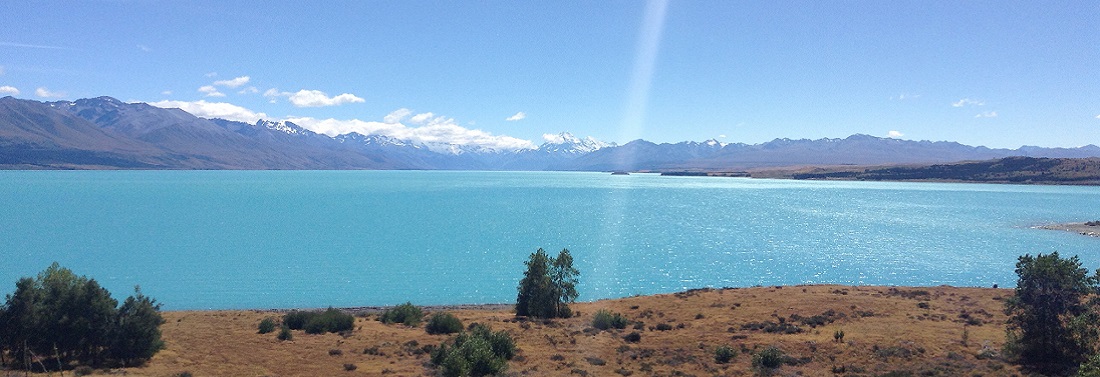
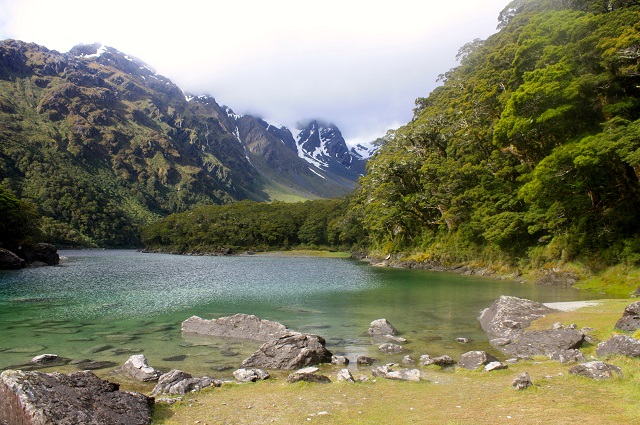
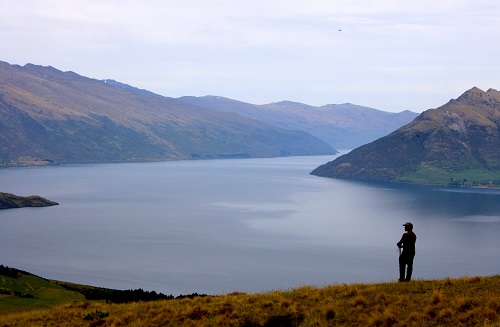
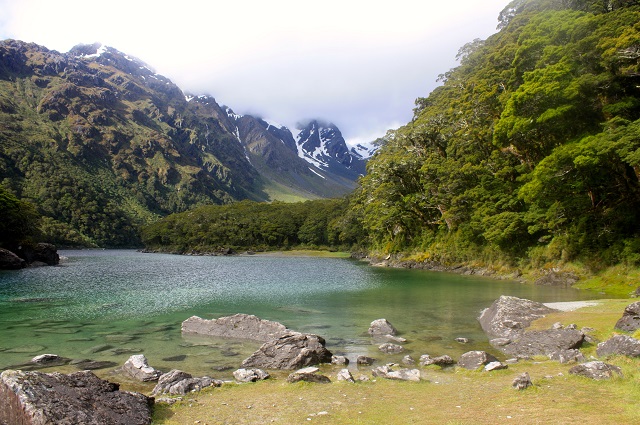
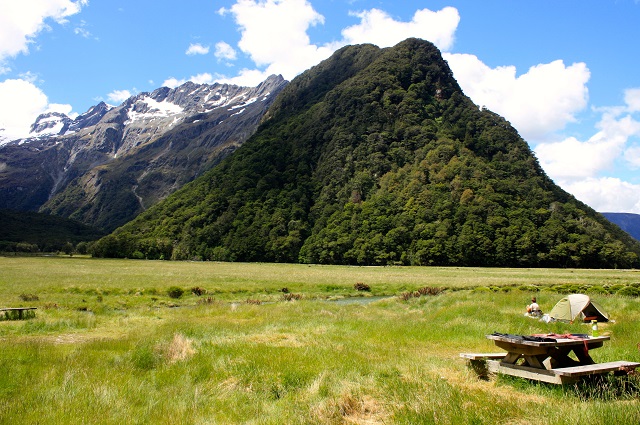
Pingback: 5 Greener Travel Tips for Your Mountain Vacation